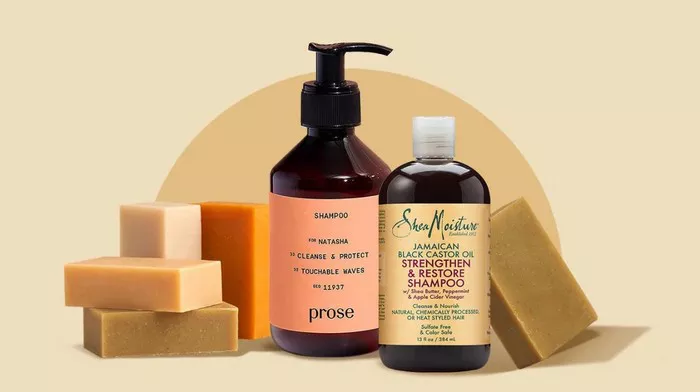Gray hair is a natural part of the aging process, but many individuals are curious about potential ways to maintain their natural hair color for as long as possible. While genetics and age play significant roles in graying hair, the role of nutrition and vitamins should not be underestimated. In this article, we’ll delve into the connection between vitamins and gray hair, highlighting essential nutrients that contribute to hair health and exploring strategies to support vibrant hair pigmentation as we age.
The Role of Vitamins in Hair Health:
Vitamins are crucial micronutrients that support various bodily functions, including the health of our hair. When it comes to maintaining the natural color of our hair, certain vitamins stand out:
1. Vitamin B12:
Vitamin B12 is known for its role in producing red blood cells and maintaining a healthy nervous system. Recent studies have suggested a connection between Vitamin B12 deficiency and premature graying of hair. Including sources of Vitamin B12, such as lean meats, dairy products, and fortified cereals, can contribute to overall hair health.
2. Vitamin D:
Vitamin D is not only essential for bone health but also for hair follicle cycling. Research indicates that Vitamin D receptors are present in hair follicles, and deficiency may be linked to hair pigmentation issues. Sun exposure, fatty fish, and Vitamin D supplements can be beneficial.
3. Vitamin E:
Vitamin E is a potent antioxidant that helps protect cells from oxidative stress. It may also contribute to maintaining hair color by preventing oxidative damage to hair follicles. Nuts, seeds, and leafy greens are excellent sources of Vitamin E.
See Also: What vitamins helps with hair growth: A Quick Guide
Antioxidants and Hair Pigmentation:
Oxidative stress caused by free radicals can contribute to premature aging, including graying hair. Antioxidants help neutralize these free radicals, potentially preserving hair pigmentation:
1. Incorporating Berries:
Berries like blueberries, strawberries, and blackberries are rich in antioxidants like anthocyanins. These compounds combat oxidative stress and support overall hair health.
2. Green Tea Extract:
Green tea contains polyphenols with antioxidant properties. Studies suggest that applying green tea extract topically or consuming it as a beverage can have positive effects on hair health and pigmentation.
3. Beta-Carotene-Rich Foods:
Beta-carotene, a precursor to Vitamin A, is found in orange and yellow fruits and vegetables like carrots and sweet potatoes. It contributes to sebum production, which nourishes the scalp and helps maintain hair health.
Nutritional Habits for Healthy Hair:
In addition to specific vitamins and antioxidants, adopting certain nutritional habits can promote vibrant and healthy hair as you age:
1. Balanced Diet:
A well-rounded diet rich in a variety of vitamins and minerals is essential for overall health, including hair health. Incorporate a diverse range of fruits, vegetables, whole grains, lean proteins, and healthy fats.
2. Hydration:
Staying hydrated supports the health of your scalp and hair follicles. Drink an adequate amount of water daily to maintain hair moisture and vitality.
3. Omega-3 Fatty Acids:
Omega-3 fatty acids, found in fatty fish like salmon, walnuts, and flaxseeds, contribute to scalp health and may promote shiny, strong hair.
4. Biotin-Rich Foods:
Biotin, a B-vitamin, is often associated with hair and nail health. Include biotin-rich foods like eggs, nuts, and whole grains in your diet.
See Also: [Revealed!] What Causes Hair to Grow Faster Than Normal?
Consulting a Healthcare Professional:
While maintaining a nutritious diet rich in vitamins and antioxidants can support hair health, individual needs vary. If you’re concerned about premature graying or changes in hair pigmentation, consider consulting a healthcare professional or a registered dietitian. They can provide personalized advice based on your unique circumstances.
Conclusion: Nurturing Your Hair Naturally
In conclusion, the link between vitamins and gray hair is a complex one. While certain vitamins and antioxidants may contribute to maintaining hair pigmentation, it’s important to approach hair health holistically. Embracing a balanced diet, staying hydrated, and incorporating hair-friendly nutrients can all play a role in nurturing your hair naturally as you age.
Remember, while the quest for maintaining natural hair color is understandable, embracing the natural aging process with grace and confidence is equally important. By making informed choices about your nutrition and overall health, you can support not only your hair but your overall well-being.


